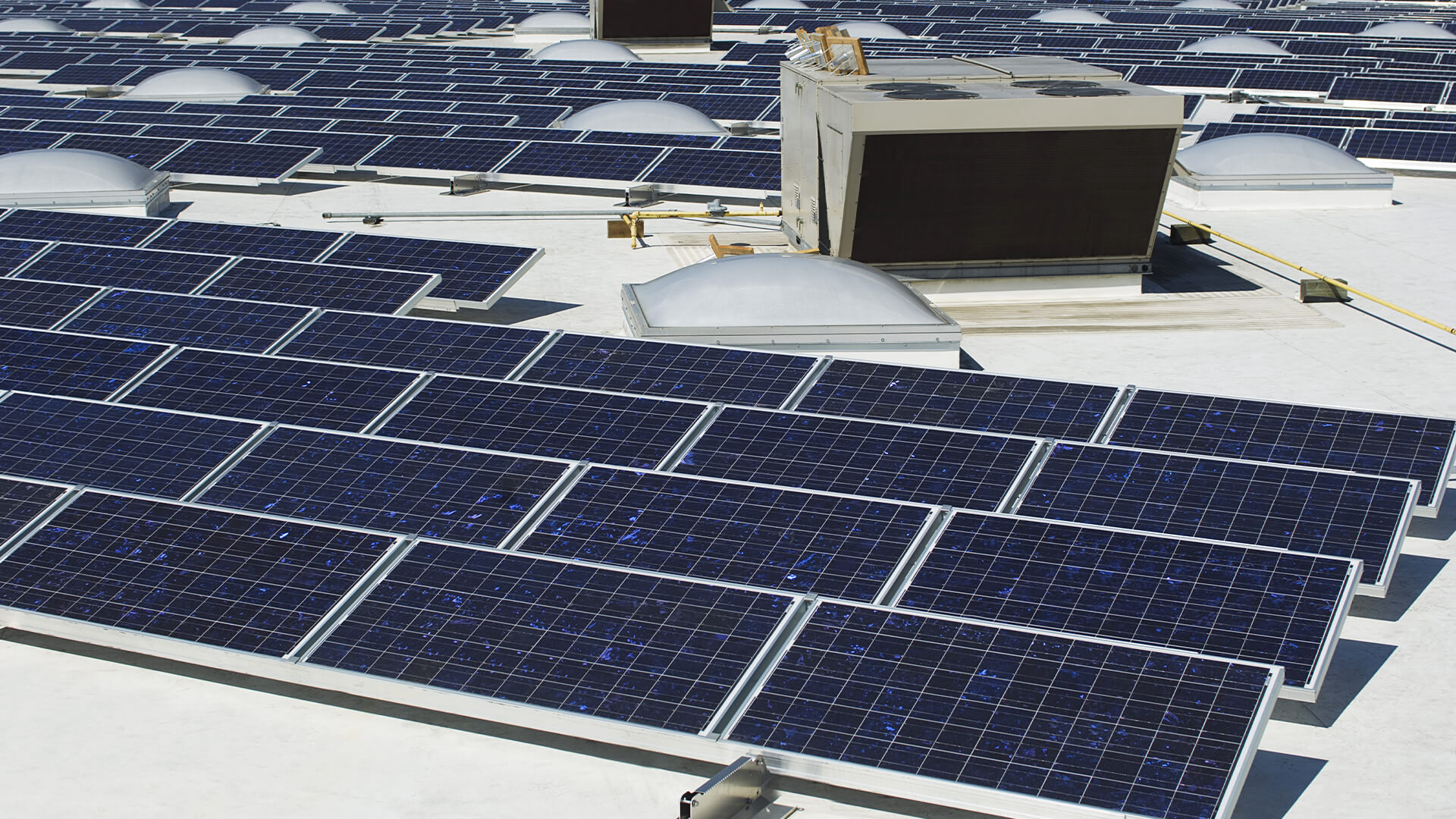The Influence of Solar Energy on Sustainable Agriculture
June 8, 2024

In the modern age, “The Influence of Solar Energy on Sustainable Agriculture” is becoming increasingly significant. This concept revolves around using solar technology to make farming more sustainable and efficient, benefiting both the environment and the economy.
The Rise of Solar Energy in Agriculture
Solar energy has emerged as a key player in transforming agricultural practices. Farms are now using solar panels to generate clean energy, reducing reliance on fossil fuels. This shift not only helps in conserving energy but also aligns with global sustainability goals.
Related Posts- How to Understand and Compare Your Solar Energy Quotes
Water Management Through Solar Power
Irrigation consumes a lot of power. Solar energy offers an innovative solution—solar-powered irrigation systems. These systems are cost-effective and reduce the carbon footprint associated with traditional energy sources.
Enhanced Crop Growth
Solar innovations like greenhouse technology use solar panels not only for power but also to create optimal growing conditions. This method increases yield and extends the growing season in colder regions, making it a game-changer.
Solar Energy for Reduced Operational Costs
Switching to solar power can significantly reduce a farm’s operational costs. Solar installations have upfront costs, but they pay off over time. Farmers can reinvest these savings into other areas of their operations.
Impact on Rural Communities
Solar energy can profoundly impact rural areas, often cut off from reliable energy sources. With solar power, farmers in these regions can improve productivity and sustainability, fostering economic stability.
Challenges and Considerations
While the benefits are clear, there are challenges to adopting solar energy in agriculture. These include the initial investment and the need for suitable infrastructure. However, government incentives and technological advances are helping to mitigate these barriers.
Future Prospects
The future of solar energy in agriculture looks promising. With ongoing research and technological advancements, solar solutions are expected to become more accessible and efficient. This will further enhance their role in sustainable agriculture.
Conclusion
The influence of solar energy on sustainable agriculture is transformative. It offers a sustainable, efficient, and cost-effective way to meet the needs of modern farming. As technology continues to evolve, so too will the opportunities for integrating solar energy into agricultural practices.